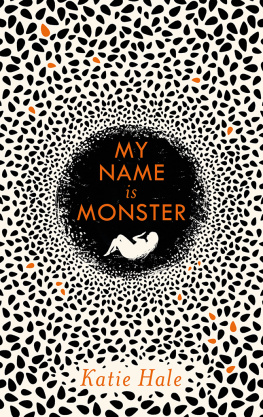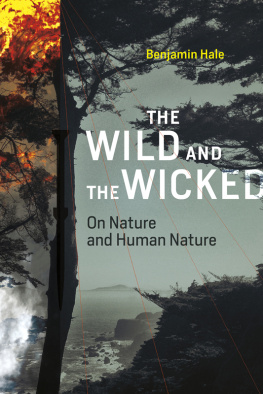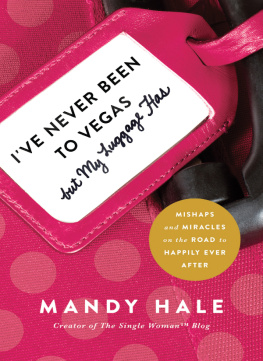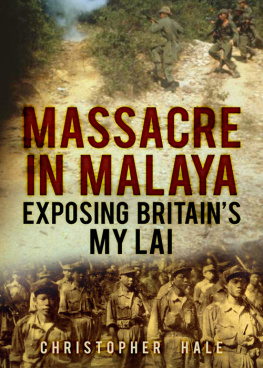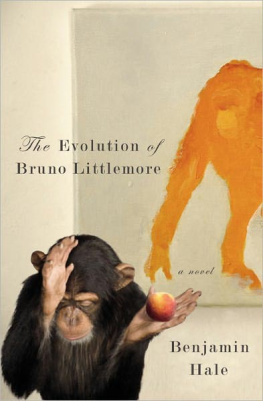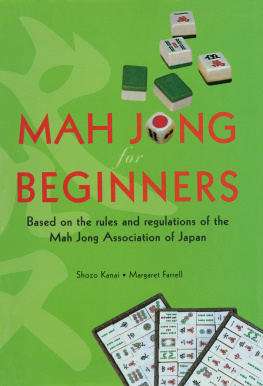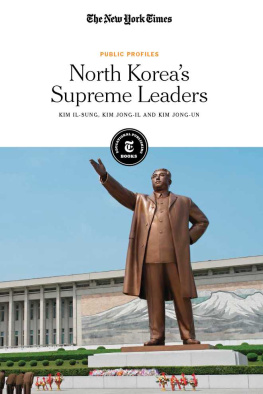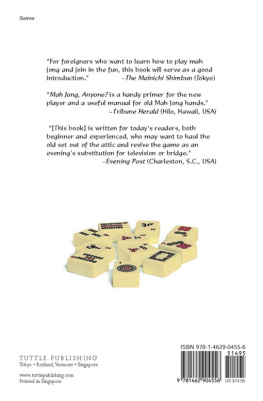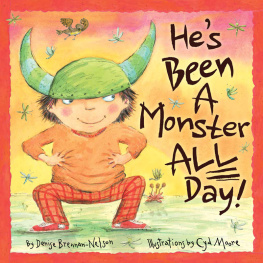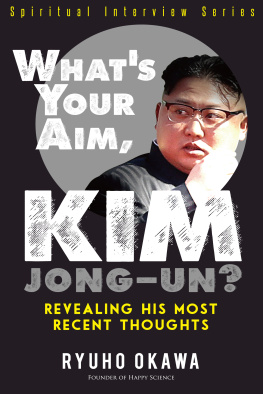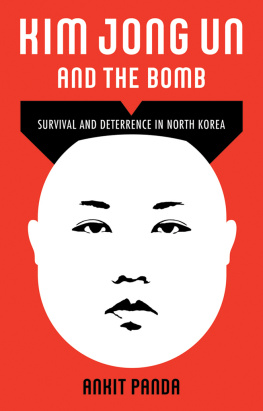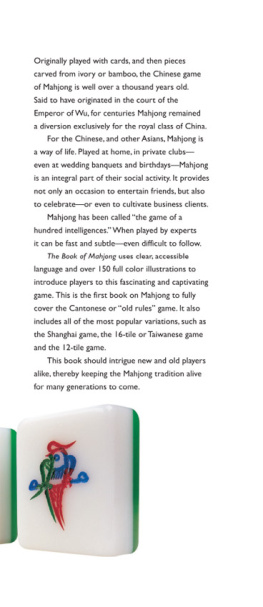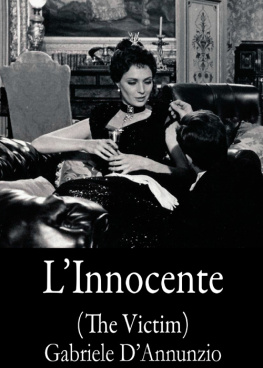Hale - My Name Is Monster
Here you can read online Hale - My Name Is Monster full text of the book (entire story) in english for free. Download pdf and epub, get meaning, cover and reviews about this ebook. City: Edinburgh, year: 2019, publisher: Canongate Books, genre: Detective and thriller. Description of the work, (preface) as well as reviews are available. Best literature library LitArk.com created for fans of good reading and offers a wide selection of genres:
Romance novel
Science fiction
Adventure
Detective
Science
History
Home and family
Prose
Art
Politics
Computer
Non-fiction
Religion
Business
Children
Humor
Choose a favorite category and find really read worthwhile books. Enjoy immersion in the world of imagination, feel the emotions of the characters or learn something new for yourself, make an fascinating discovery.
- Book:My Name Is Monster
- Author:
- Publisher:Canongate Books
- Genre:
- Year:2019
- City:Edinburgh
- Rating:5 / 5
- Favourites:Add to favourites
- Your mark:
- 100
- 1
- 2
- 3
- 4
- 5
My Name Is Monster: summary, description and annotation
We offer to read an annotation, description, summary or preface (depends on what the author of the book "My Name Is Monster" wrote himself). If you haven't found the necessary information about the book — write in the comments, we will try to find it.
Hale: author's other books
Who wrote My Name Is Monster? Find out the surname, the name of the author of the book and a list of all author's works by series.
My Name Is Monster — read online for free the complete book (whole text) full work
Below is the text of the book, divided by pages. System saving the place of the last page read, allows you to conveniently read the book "My Name Is Monster" online for free, without having to search again every time where you left off. Put a bookmark, and you can go to the page where you finished reading at any time.
Font size:
Interval:
Bookmark:

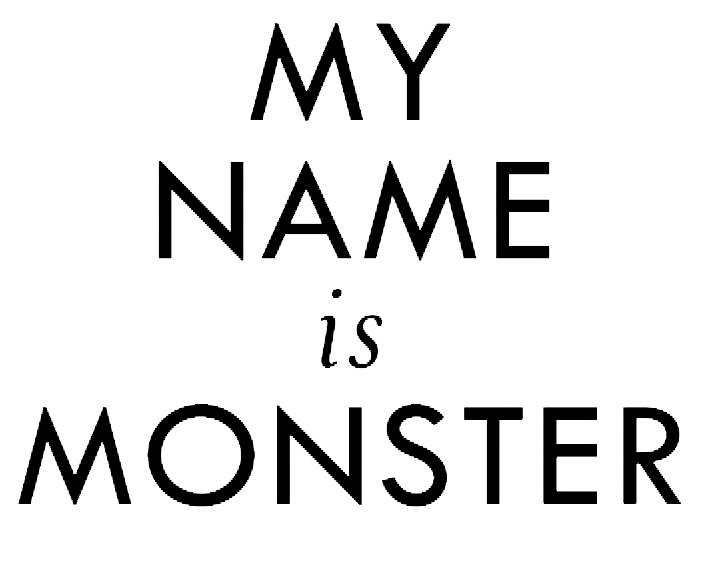

First published in Great Britain in 2019
by Canongate Books Ltd, 14 High Street, Edinburgh EH1 1TE
canongate.co.uk
This digital edition first published in 2019 by Canongate Books
Copyright Katie Hale, 2019
The moral right of the author has been asserted
British Library Cataloguing-in-Publication Data
A catalogue record for this book is available on request from the British Library
ISBN 978 1 78689 635 3
eISBN 978 1 78689 637 7
Typeset in Goudy by Palimpsest Book Production Ltd,
Falkirk, Stirlingshire
Contents
For my parents,
whove always told me stories
PART ONE
MONSTER
I am cast upon a horrible, desolate Island, void of all hope of Recovery.
But I am alive; and not drownd as all my Ships Company were.
Robinson Crusoe, Daniel Defoe
When the world is burning, its easy to forget about ice.
Easy for most people, that is. I knew nothing but freeze for over a year. I lived with the ice, on the ice, inside it locked on the island as the rest of the world grew desperate with rage and disease. As the missiles fell and cities were blasted by a thousand-degree heat, I struggled to keep warm.
Frostbite and a chill so keen it cuts right through the heart: thats the price of survival.
Then what?
After everyone else was dead, I sat by a window for three days watching the glacier creak and break. When I took off my trousers, my skin flaked away and my legs itched. I scratched at the dead skin until I was pink and sore, then I got dressed again.
I thought about the scientists who had vanished into a crevasse twenty years earlier and were never found, how their little bodies would one day tumble out of the glaciers mouth like babies being born, frozen solid and perfectly preserved in their brightly coloured thermals.
People used to think that ice is white, but it isnt. There is all kinds of history inside it, waiting to be brought out.
The beach tastes of skin and salt. Sand clogs my mouth and grinds against my teeth. When I move my hand I can feel the grains shifting beneath it.
Slowly, I lift my head. I sit up and cough. It starts in my throat, in the sand and spume still rattling in my oesophagus then it expands, rising and billowing until Im coughing from my stomach up, till my whole body is racked with it. I cough till I vomit on the sand, again, and again, and again, till all I can bring up is bile.
Wiping my mouth on my sleeve, I take several deep breaths.
This is where the sea spat me out.
To the right, a broad belt of sand stretches for miles, into the mist and sea spray of the horizon. In front, following the line of the beach, a low cliff is dotted with trees and seagulls. The gulls nestle on ledges and wheel overhead, screeching. Every rock is covered, streaked white and grey. The noise is horrendous. After the deep quiet of Svalbard, it feels like an assault. I had forgotten how noisy life could be.
Beyond the diving gulls, where the cliff meets the pregnant grey sky, is a line of coarse bracken and heather. Like the trees, these plants look hardy and gnarled, gripping onto the rock face with old mens fingers.
My own hands are red and rough from weeks in the cold, the knuckles inflamed, the fingers sinewy and chapped. When I flex them, I can feel pockets of air clicking between the cartilage. My mother had pianists fingers, elegant and slender, her nails shaped and painstakingly buffed. My hands are better.
I look to my left, where a cluster of rocks catches the sea and whirls it around, so the waves come crashing back towards the beach. Which is how I ended up here, of all places.
I turn to the sea and there it is: the boat, my boat, beached and broken on the rocks a short way out, rocking with the swell. Or rather, whats left of the boat.
If I were a nautical person, I suppose I would say she instead of it. I might stand on the lonely shore and regret that I did not go down with her. But Im not.
When I haul myself to my feet, the whole right side of my body smarts where the sea and rocks have battered me. I take another deep breath. I have not survived this long only to die on a shit-splattered beach in Scotland.
I wade back out into the undertow. It tugs at my feet, smaller now than the fierce grip of the storm, but still there an echo.
I expect the boat to be nothing but timbers and a few sodden relics, but for the first time in weeks, lightness fills my lungs like bellows. The cabin is still intact.
I stuff what I can into my backpack and carry it aloft back to shore. I remember seeing a film as a child where a warrior fording a river had to carry his sword above his head to keep it dry, the weapon his most valued possession, raised high like a benediction. This is my benediction: a backpack full of clothes, food, a sleeping bag, two rolls of Elastoplast, a Swiss army knife, rope, a lighter. This is what will keep me alive.
I make four more trips out to the boat, bringing back whatever else I can salvage, reclaiming food then breaking off dry bits of wood. Back on the beach, I kindle a fire above the tideline. Forget mourning her passing I burn her bones to keep me warm.
Once stripped of my dripping, salt-soaked clothes and changed into ones that are merely damp, I scour the beach for anything else that may have washed ashore. I gather carrier bags, two odd socks that I dry by the fire, a plastic bottle, string. I lay out my collection in military rows in the sand, and the rows become a calendar, marking out the limits of my time. If I do not find anything else, I have only eight days left to survive.
I pull out my sleeping bag and am asleep before the sun has set.
By the time I wake, the fire has died and the remains of the boat have been claimed by the sea. I eat some of the more perishable food, pack my backpack and lace up my boots. As I climb the shallow cliff, the gulls shriek and divebomb, but I ignore them.
I reach the top and start to walk.
*
I walk because somewhere there must be food and water. I walk to seek out shelter. I choose a destination because otherwise the possibility of anywhere is too big.
My parents lived around forty miles from Scotland. The Scottish mainland is roughly three hundred miles long. I do not know where I have washed up, but if I manage an average of ten miles a day, I should be home inside a month.
Of course it will take me much longer than that. I will get lost. As much as possible, I will avoid towns and cities. I will avoid their bombed and broken buildings, and their Sickness-ridden bodies lurking like a virus already in the bloodstream.
I will leave the roads, clogged with the cars of all those who tried to flee from explosions or infestations, those who had not already been claimed by the War or the Sickness that rose out of it, those who tried to reach the so-called Safe Centres before they shut their gates. Who knows how many shells are lying unexploded on the tarmac? Who knows what kinds of explosives or gases or diseases they might contain?
I will stick to fields and moorland and heaths. Nature always was a more predictable place though even then there will be obstacles to overcome. There will be places to stop and search for food, and the unavoidable ritual of living. Survival is time-consuming.
Font size:
Interval:
Bookmark:
Similar books «My Name Is Monster»
Look at similar books to My Name Is Monster. We have selected literature similar in name and meaning in the hope of providing readers with more options to find new, interesting, not yet read works.
Discussion, reviews of the book My Name Is Monster and just readers' own opinions. Leave your comments, write what you think about the work, its meaning or the main characters. Specify what exactly you liked and what you didn't like, and why you think so.

